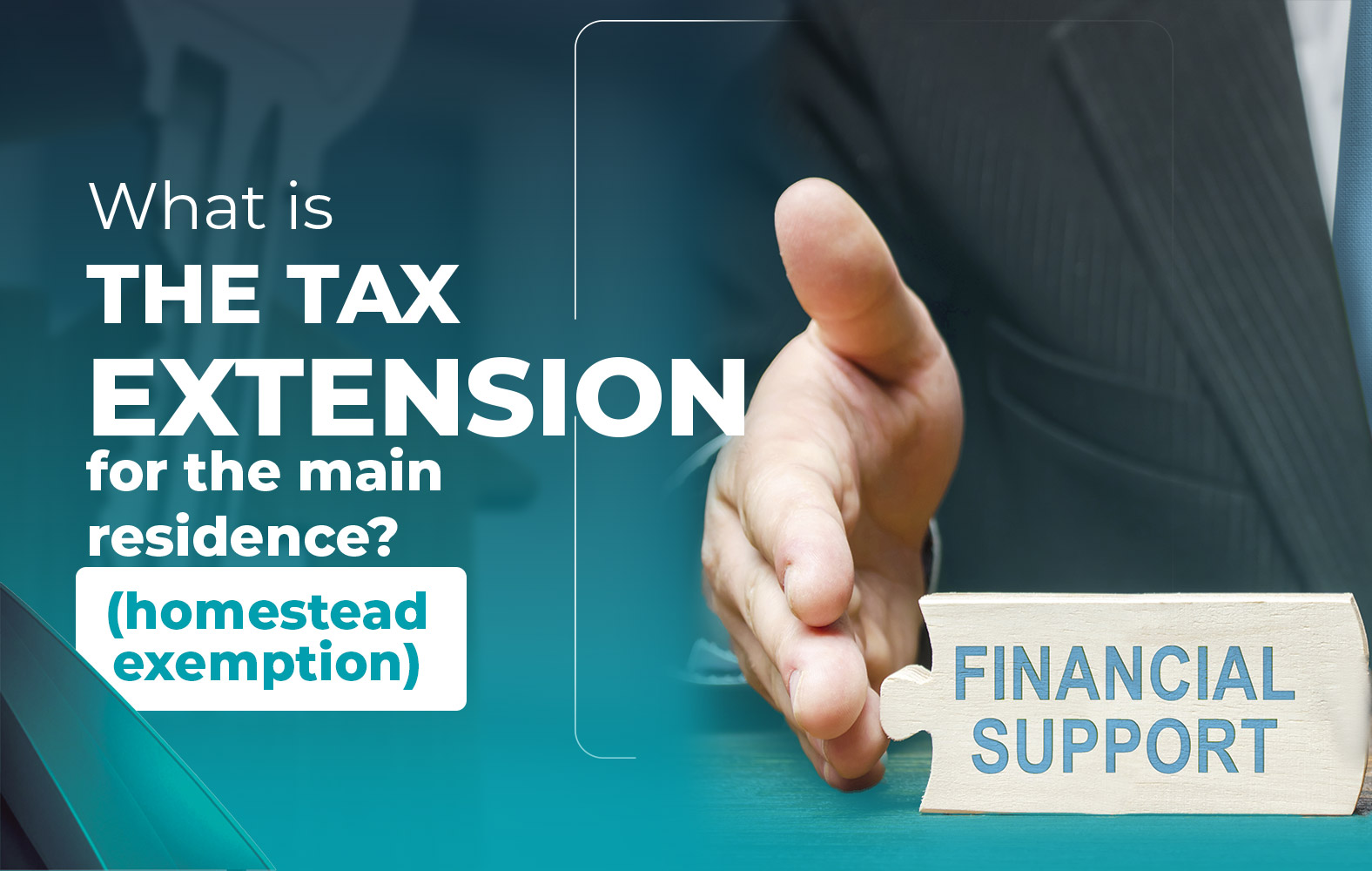Services
What should I know before selling my house?

During the sale process, we develop digital campaigns and promotions on our different platforms, as well as on our extensive database of local and international clients and real estate brokers. Thorough monitoring of all the steps involved in the sales process to achieve a successful closing.
It is very important to be clear about the reasons and reasons for moving, how much money you expect to receive and how much you need to pay the mortgage or to acquire a new property and the time that the whole process will take.
A common mistake that sellers make is estimating the sale value of the property based on the prices that the neighbors are asking, that is, on those properties that have not yet managed to sell. The real estate consultant must be able to supply comparables based on properties that were sold in the last 3-6 months.
Before putting your home up for sale
Before you put your home up for sale, make some important decisions and take the appropriate action to increase the opportunities to sell the property quickly and at the best price.
Make these financial decisions before you put your home up for sale:
- If you plan to buy another home and have the money from the sale of your current property, include a contingency in the offer. That is, specify in the contract that the purchase of the home depends on the sale of your current property. If by chance you cannot sell your home, you will not be obliged to buy the other one.
- Make sure you qualify for financing if you are buying another property.
- Be aggressive in the sale price. Don’t waste time offering it at a price much higher than what the market can afford. The only thing you can do is help your neighbor sell his fast!
- If you are working with a real estate agent, make sure you understand and agree to the compensation plan.
- Have a list of the items you want to sell and a list of the items you don’t want to sell. There are two reasons for making this list. First of all, the buyer can assume that there are items included in the sale, for example, curtains, lamps or fixed furniture. To avoid complications that could delay the sale, specify what is excluded and what is included in the sale. Second, the buyer may be willing to buy items from your home, such as paintings or furniture. You will make a more objective decision about what you want to keep and what the property is worth if you think about it before being pressured to sell the property.
Difference between being for sale and being able to sell
The difference between “being for sale” and “being able to sell” lies mainly in the sale price. Therefore, it is essential that the correct price is determined before placing the property on the market and that the competition is constantly analyzed to be able to adjust price when necessary.
Errors in determining the sale price?
- Build on the properties of neighbors who have NOT been able to sell
- Try to recoup the money invested in remodeling
- Based on personal financial need
- Trying to sell without motivation or need, which makes it difficult to compete with owners who have a real need to sell
- Start high to “test” the market and lower the price in the future
7 strategies to determine the correct price
Use the properties that have been sold in the last 3 months (up to 6 months if necessary) to determine the average sale price within the community.
Analyze the properties available in your building or community to position your property as the # 1 option in the market
The renovations are considered an added value as long as you do not try to recover the cost
When in doubt, hire the services of a professional appraiser (appraiser).
Be aggressive in the price, start with a very attractive price in order to create competition among buyers and have several offers to negotiate.
The market never allows you to “give away” your unit. If you are well below the actual price, buyers will bid above the list price. Remember that you are not obliged to accept any offer.
Take into account the days those units were on the market before they were sold.
When in doubt, hire the services of a professional appraiser (appraiser).
What are the seller’s closing costs?
Buyers and sellers have closing costs associated with the transaction. Therefore, it is important that before placing the property for sale, you have an estimate of the closing costs and thus determine the amount you can count on after the transaction is finalized.
Most common closing costs for the seller
Mortgage Balance: The balance of the existing loan, the balance of the second mortgage and lines of credit on the home.
Loan Fee Payable: An administrative fee charged by the lender to repay the loan.
Debt Release: Money owed to contractors and / or by court judgments or property taxes. These amounts must be paid before closing.
Penalty for prompt payment: Some loans have a penalty for early payment of the debt.
Registration fees: Fees to pay to document that debts have been paid in full.
Commissions: The fees paid to the real estate brokers involved in the transaction. Generally 6% of the sale price and paid in full by the seller.
Notary fees: The fees charged by the notary to verify the identity of the signatories of the document.
Trust Costs: Escrow agents receive money from the lender, pay all costs, collect deposits, and distribute proceeds to the lender / seller.
Title Search Costs: Proof that the seller has the legal right to sell the home. Title companies search public records and produce an insurance commitment that certifies that the seller owns the home and indicates the details of any liens or other rights that affect the title to the home.
Seller Concessions: Amount that the seller agrees to give in order to help the buyer pay their closing costs.
Repairs: Work that the seller must complete (if applicable) before the sale, either as a result of the buyer’s negotiation or as a condition of the lender.
Home Warranty: Home Buyer’s First Year Protection Plan.
Termite Warranty: Documentation used in some parts of the country that indicates the home is free from termites.
How to estimate closing costs?
For practical purposes, the closing costs for the seller can be estimated as follows:
For practical purposes, the closing costs for the seller can be estimated as follows:
1.5% of the sale price, PLUS
Property taxes accrued to date, PLUS
Mortgages and / or lines of credit that exist on the property, PLUS
Commissions (generally 6% of the sale price)


